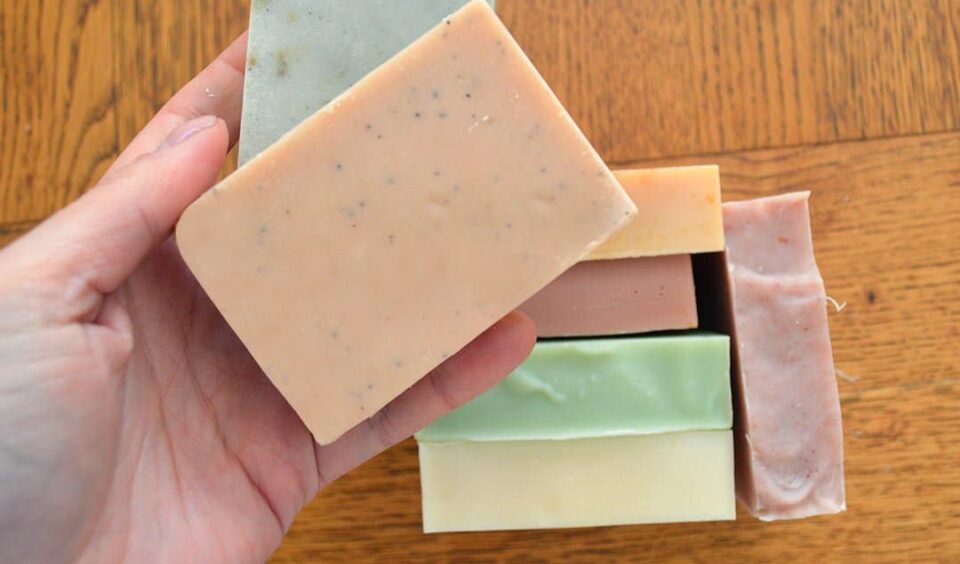Soap-making can be real fun! One can make it at home for personal use or to start a business. Whatever is the need, soap making supplies are essential for making them. This article will focus on all the soap making essentials that are needed for soap making. They come in different colors and fragrances that offer a refreshing mood and the best bathing experience. Soap-making materials can be purchased both offline and online.
There are four types of processes for making soaps: hot process, cold process, re-batching, melt and pour.
What are the key soap making supplies?
- Lye – It is the sodium hydroxide that needs some extra care to work with. It can be corrosive and choosing a well-ventilated space is a good idea. This chemical solution is high in alkaline that can be dangerous if not used with all the safety measures. One should use the right tools and equipment such as rubber gloves, goggles, and protective coats before using them.
- Essential oil: It is an important raw material for making soap. Incorporating essential oils like lavender oil, peppermint oil, rosemary oil, etc. into soaps for better results.
- Colorants: Colorful soaps look eye-catching and they also pop up some color variations. Colorants that are neutralized for cosmetic use, are the best and most used colorant in various soapmaking applicants. One can use mica pigments as they are absolutely safe to use.
- Distilled water: Soap making requires pure water that is free of minerals and contaminants.
- Thermometers: When mixing the lye mixture and oils, one should use a candy thermometer to measure the temperature of both solutions. It will be better if one can have two thermometers, one for lye and another for oils.
- Heat Proof pitcher: A stainless steel or heavy-duty plastic will work great for mixing the lye and water together. However, glass containers always work better than plastic containers as it may melt while making soap.
- pH paper: pH paper or phenolphthalein strips are crucial for checking the pH level of the soap. It is recommended for the hot process of soap-making.
- Digital scale: Having an accurate digital scale is a must to precisely measure the soap-making ingredients, especially the lye.
- Other Materials: Apart from all the above-mentioned materials there are certain other soap making supplies like plastic wrap, crockpot, soap mold, tape, cutting tools, rubbing alcohol, mixing spatulas, pipettes, etc.
Conclusion
It is recommended to purchase the raw materials for soap making from a reliable supplier with huge expertise and a good reputation in the market. The process may seem to be a little tough in the beginning but after making a few batches it becomes easier. There is a range of options to market the product that might include spas, e-commerce, arts festival, and even door-to-door sales. Let’s hope the article was helpful for a better understanding of all the raw materials for the soap-making process.

